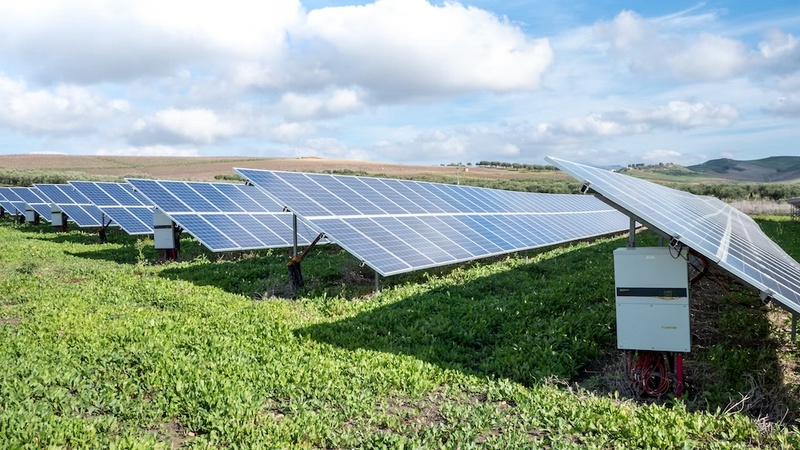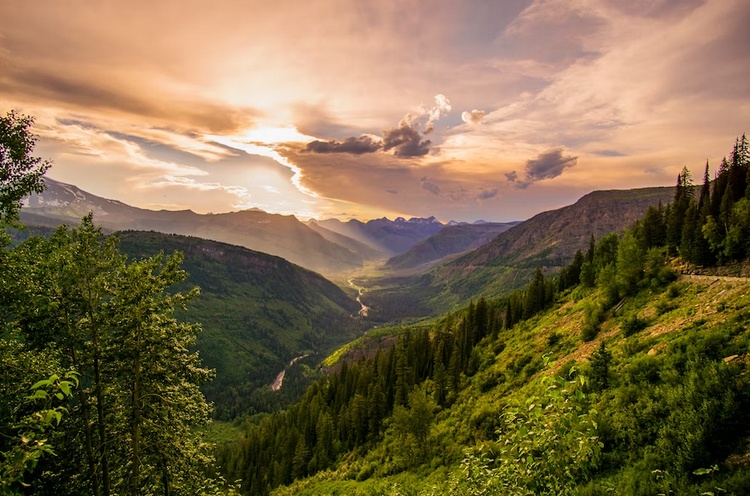August 15 NEC Energy News
¶ “Solar Power Surges In Europe And Is Set To Double By 2030” • The EU is moving fast to deploy solar power in response to the energy crisis. A report by the lobby group SolarPower Europe found the bloc would have over 400 GW of solar power installed by the end of the decade, almost double the 208 GW of solar power produced today. [ZME Science]

¶ “Nuclear Plant Moratorium Bill Heads To Veto Session Fight In Illinois” • The veto of a law to end a moratorium on new nuclear power plant construction in Illinois sets up a battle in the fall veto session. In his veto message, Gov JB Pritzker appears to be saying the bill isn’t quite ready for prime time. Clearly people take their different sides and disagree. [WGLT]
¶ “Back To The Future For India’s Rice Farmers” • One farmer said, “Most of the people from the village are farmers but with major climatic changes we started facing a lot of problems. Our crops got destroyed because of unseasonal rains or scarcity of water.” Hybrid rice and heavy use of fertilizer make things worse. Some farmers are going back to old ways. [BBC]
¶ “Montana Judge Hands Young Plaintiffs Significant Victory In Landmark Climate Trial” • A Montana judge handed a significant victory to more than a dozen young plaintiffs in the nation’s first constitutional climate trial, as extreme weather gets more deadly and scientists warn the climate crisis is eroding our environment and natural resources. [CNN]

¶ “NASA Clocks July 2023 As Hottest Month On Record” • On average, July 2023 was 0.43°F (0.24°C) warmer than any other July in NASA’s record, and it was 2.1°F (1.18°C) warmer than the average July between 1951 and 1980. The primary focus of the GISS analysis is long-term temperature changes over many decades and centuries. [CleanTechnica]
¶ “Models Suggest Dropping Costs Of Solar And Wind Power In Africa May Make Hydro Power Obsolete” • A team of scientists affiliated with several institutions in Europe found, via modeling, that building dams to generate hydroelectricity in Africa may be not be a cost-effective approach in light of falling costs for solar and wind power. [Tech Xplore]
For more news, please visit geoharvey – Daily News about Energy and Climate Change.
